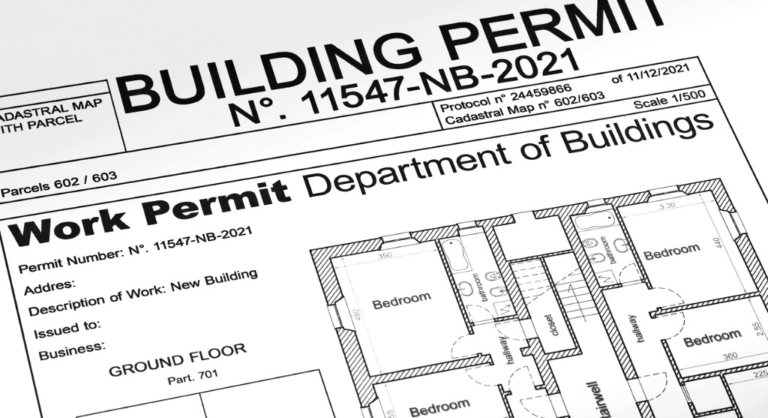Abutter’s Diminution in Property Value Argument Found Insufficient to Confer Standing to Challenge Special Permit for Research and Development Facility
In Pobeda RT II, LLC v. Zoning Bd. of Appeals of Watertown, 104 Mass. App. Ct. 250 (2024), the Court of Appeals confirmed the longstanding holding that “diminution in property value is an insufficient basis for standing unless it is ‘derivative of or related to cognizable interests protected by the applicable zoning scheme.’” In Pobeda, the Appeals Court rejected Pobeda’s claim that the general statement in the bylaw that included “conserving the value of land and buildings” was sufficient to provide a cognizable interest protected by the bylaw.
The Appeals Court found that the statement of purpose merely “suggest[s] standards for the exercise of discretion where such discretion is otherwise provided. They are not themselves a source of discretion.” Pobeda, at 253, quoting McCaffrey v. Board of Appeals of Ipswich, 4 Mass. App. Ct. 109, 112, (1976). The Appeals Court stated that Pobeda cited no other provision of the bylaw that protected individual economic interest and therefore, the broad language in the cited provision did not confer standing.
The Appeals Court also rejected Pobeda’s reliance on the other general statements the bylaw encouraged including the “appropriate use of land” and “reducing hazards,” finding that these interests were sufficiently addressed by the project’s compliance with the required setback set forth in the bylaw. Pobeda, at 254. Similarly, Pobeda’s reliance on the “reducing hazards” provision was misplaced because Pobeda was using it as a proxy for diminution of property values due to its argument that the public perception of danger resulted in financial harm and was not based on any actual claim of danger.
Therefore, the Appeals Court determined that the project proponent had successfully rebutted Pobeda’s presumption of standing by demonstrating that its claimed injury was not a legally cognizable injury protected by the bylaw or M.G.L. c. 40A.
Tagged In: appropriate use of land, individual economic interest, zoning











